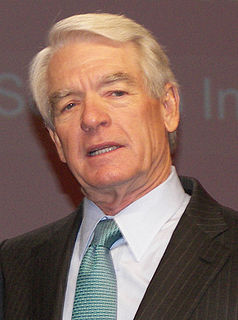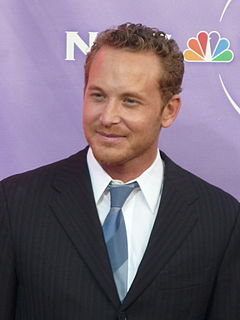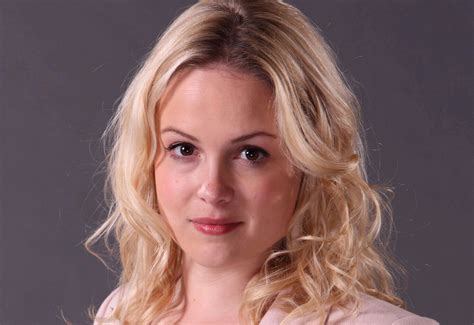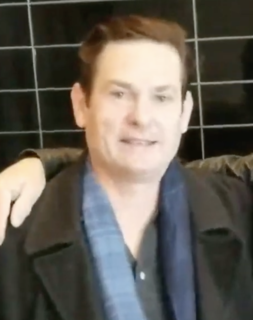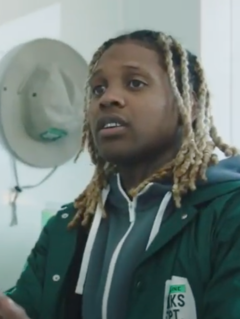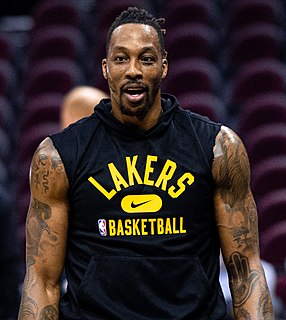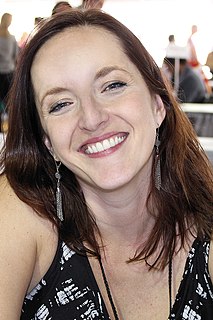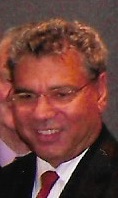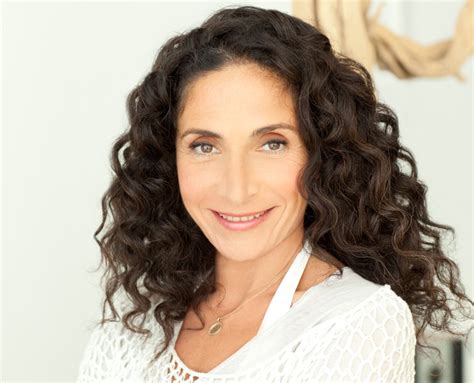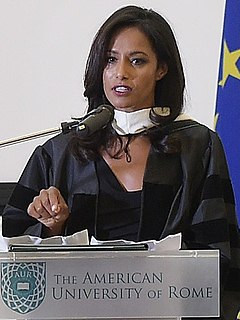A Quote by Charles Schwab
I bought all the books, but I probably knew on the first day that law school wasn't for me. I didn't give up until about ten days. I don't think I really told my father. I really didn't like my father knowing my things were not successful.
Related Quotes
Nobody told me there was any idea for a sequel to 'The Exorcist.' But my agent called me to tell me they were going to do it, and there was a part for me. I said, 'But I died in the first film.' 'Well,' he told me, 'this is from the early days of Father Merrin's life.' I told him I just didn't want to do it again.
It's quite interesting, looking back at the first one [film about Harry Potter], nobody knew whether or not it was going to be successful as a film. The books were of course already very successful, but that's happened before, where the books were successful and the films weren't at all. But it turned out that they were.
What really broke it down was I had my son while I was locked up, so that really affected me. I can't really have this, knowing my father was locked up when I was small. So that really out of everything - through the fame, the money, everything - that really put the toll on me: 'Oh yeah, I gotta change.'
It's interesting to me that really one of the first things she [Eleanor Roosevelt]did as First Lady was to collect her father's letters and publish a book called The Letters of My Father, essentially, hunting big game, The Letters of Elliott Roosevelt. And it really was an act of redemption, really one of her first acts of redemption as she entered the White House. She was going to redeem her father's honor. And publishing his letters, reconnecting with her childhood really fortified her to go on into the difficult White House years.
I grew up writing. It was very natural in my household. My father was a poet, and his mother had been a novelist back in Hungary. I don't think I really thought about it being my career until high school, which is still pretty early, but it was a while there of just assuming this was something everyone did all day long.
I have a lot of special memories with my parents but my toughest one is, I had, as a teenager, a pretty insatiable appetite for beer. The first time I got drunk my father found me throwing up in the bathroom. I was 15, maybe 16, and the disappointment in his voice, I can hear it to this day, and the sorrow that that brought to him. He just felt like a failure as a father, and Id give anything to take that day back because that was so hard on him. In time, my life got better, and his did too, but that was really memorable, one of those memories Id like to forget.
I think the first time I really felt that I was Palestinian was a time when I was trying to go back to school with my father at night and there was a curfew for Palestinians. My father said, "I will walk first, but you have to understand, the police will not let me go... So keep moving and don't look at me and don't look back."
